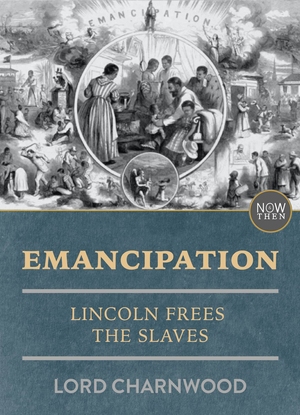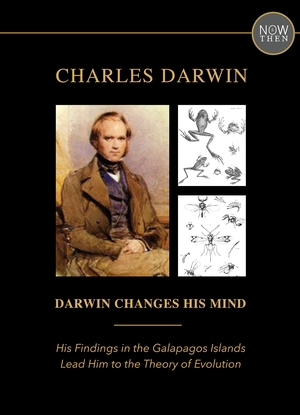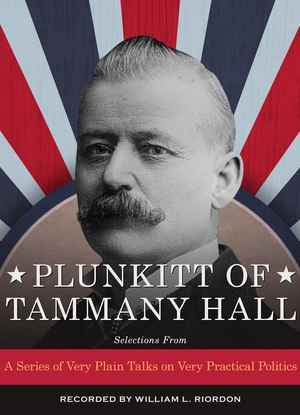The Hundred Days' War - Preview
Franklin Roosevelt Takes Command in the Depths of the Great Depression
by William E. Leuchtenburg
The Hundred Days’ War
“First of all,” declared the new President, “let me assert my firm belief that the only thing we have to fear is fear itself—nameless, unreasoning, unjustified terror. . . .” Grim, unsmiling, chin uplifted, his voice firm, almost angry, he lashed out at the bankers. “We are stricken by no plague of locusts. . . . Plenty is at our doorstep, but a generous use of it languishes in the very sight of the supply. Primarily this is because rulers of the exchange of mankind’s goods have failed through their own stubbornness and their own incompetence, have admitted their failure, and have abdicated. . . . The money changers have fled from their high seats in the temple of our civilization. We may now restore that temple to the ancient truths.”
The nation, Roosevelt insisted, must move “as a trained and loyal army willing to sacrifice for the good of a common discipline.” He would go to Congress with a plan of action, but if Congress did not act and the emergency persisted, the President announced, “I shall not evade the clear course of duty that will then confront me. I shall ask the Congress for the one remaining instrument to meet the crisis—broad Executive power to wage a war against the emergency, as great as the power that would be given to me if we were in fact invaded by a foreign foe.”
In the main part of his Inaugural Address, his program for recovery, he had little new to offer. What he did say was so vague as to be open to any interpretation; currency, he opined, should be “adequate but sound.” “He is for sound currency, but lots of it,” one congressman complained.” Yet this was a new Roosevelt; the air of casual gaiety, of evasiveness, had vanished—the ring of his voice, the swing of his shoulders, his call for sacrifice, discipline, and action demonstrated he was a man confident in his powers as leader of the nation. In declaring there was nothing to fear but fear, Roosevelt had minted no new platitude; Hoover had said the same thing repeatedly for three years. Yet Roosevelt had nonetheless made his greatest single contribution to the politics of the 1930s: the instillation of hope and courage in the people. He made clear that the time of waiting was over, that he had the people’s interests at heart, and that he would mobilize the power of the government to help them. In the next week, nearly half a million Americans wrote their new President. He had made an impression which Hoover had never been able to create—of a man who knew how to lead and had faith in the future.








